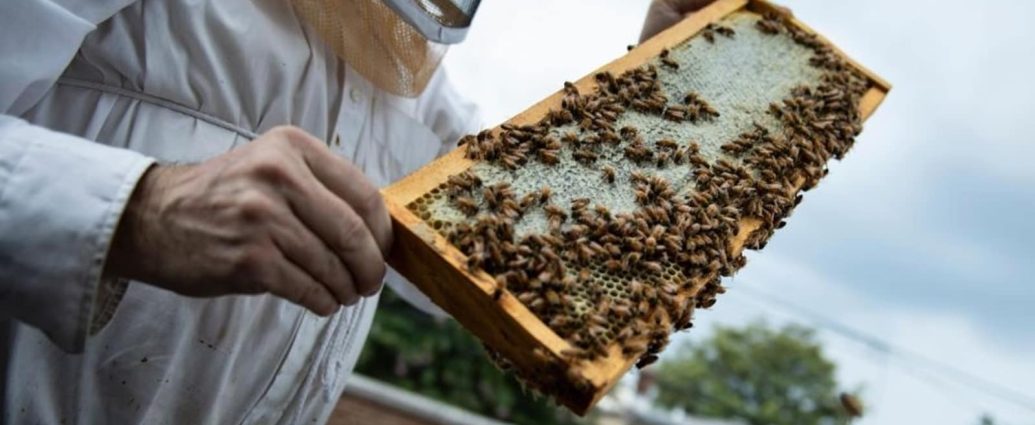Slovenia is keeping its bee buzz on a roll. After Slovenia clinched United Nations support for establishing a World Bee Day in 2018, authorities said Thursday the small European nation’s beekeeping tradition is being added to the U.N.’s list of cultural heritage that humanity should preserve. (Also read: Punjab’s maiden honey processing unit brings sweet rewards)
UNESCO experts gathering in Morocco this week decided that Slovenia’s entry – Beekeeping in Slovenia, a Way of Life – deserves U.N. recognition as an example of an important cultural tradition, Slovenia’s Ministry of Culture said.
The ministry said the bid demonstrated the richness of the beekeeping heritage in Slovenia – its long history and extensive skills, knowledge and practices passed down from generation to generation.
“With its immovable and movable heritage, beekeeping is strongly embedded in Slovenia, and in modern times also being developed is beekeeping in urban environments,” the statement added.
Culture Minister Asta Vrečko labelled it as another great cultural achievement for the country. “Bees and beekeeping must be given special attention in times of climate change, and traditional beekeeping … must be especially nurtured.”
Slovenian beekeepers have around 200,000 bee colonies and a domestic sub-species, the Carniolan bee that’s known for its “docility, diligence, humility, and a great sense of orientation.”
“Bees are kept mostly in wooden apiaries near beekeepers’ homes,” the entry on UNESCO website said. “Communities express a loving and respectful attitude towards bees, and the related knowledge, skills and practices are shaped by centuries of tradition and transmitted from generation to generation.”
Slovenia’s beekeeping tradition is also reflected in “rich terminology and in academic, literary and folklore texts, art and architecture,” the entry added.
The U.N. General Assembly at Slovenia’s initiative has declared May 20 as the World Bee Day. Slovenia has stressed the need to raise awareness of the importance of bees and the dangers to their survival.
The date for the observance was chosen as it was the birthdate of Anton Jansa, an 18-th century pioneer of modern apiculture, the U.N. Food and Agriculture Organization says. Jansa came from a family of beekeepers in Slovenia, where beekeeping is an important agricultural activity with a long-standing tradition.
Nowadays, beekeeping is also a tourism attraction in Slovenia, with visitors offered tours of beekeeping sites nestled among Slovenia’s stunning Alpine peaks. Beekeeping was first recorded in Slovenia in the 13th century, while annual production now varies, depending on the weather and other conditions.
UNESCO also included the tradition of Lipizzaner horse breeding in Slovenia and seven other countries to its list of the Intangible Cultural Heritage of Humanity, Slovenia said.
Slovenia had filed the bid on behalf of eight countries with this tradition including Austria, Bosnia-Herzegovina, Croatia, Hungary, Italy, Romania and Slovakia.
This story has been published from a wire agency feed without modifications to the text. Only the headline has been changed.
